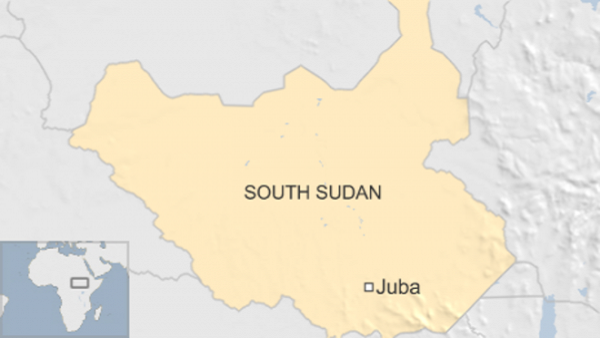United Nations officials told Reuters on Thursday that attacks on aid workers and bureaucratic interference are preventing supplies from reaching tens of thousands of desperate South Sudanese who have fled their homes amid escalating violence.
“On 10 November, a humanitarian convoy due to travel to areas outside of Wau town was blocked, preventing humanitarian organizations from delivering life-saving assistance to tens of thousands of people,” said Ian Ridley, head of the U.N. Office for the Coordination of Humanitarian Affairs in South Sudan.
Another mission was blocked from traveling outside Yei town in the southwest of the country on Nov. 11, he said.
“The mission was due to carry desperately needed medical supplies to communities that have not been reached with assistance since fighting erupted in July 2016,” Ridley said.
The convoys were not allowed to pass through government-run checkpoints, and neither convoy been able to reach its destination yet. Both Wau and Yei are under the control of government forces, but a government spokesman said he was unaware of any problem preventing aid convoys from moving.
“The government and the United Nations have a joint team … Should any of the parties have an issue or a concern in regards to humanitarian operations, they should report to the technical team,” said Akol Paul Kordit, the government’s deputy information minister.
“We are capable of overcoming these challenges together.”
Aid workers faced 91 separate problems getting access to communities in November alone, the U.N. said in a statement. Seventy percent of those involved violence against aid workers or their property. Twenty per cent involved problems like interference in administration, illegal taxation, or expulsion of staff.
Attacks on aid workers occurred from all sides in the conflict, the U.N. said.
Seventeen people, most of them government soldiers, are facing trial for a July attack on a hotel in the capital of Juba. Some aid workers were tortured, others were raped and a journalist was killed in the attack.
Oil-rich South Sudan became independent from Sudan in 2011, but rivalry between the president and his deputy broke out into civil war in 2013. They signed a shaky peace deal last year, but fighting and brutal attacks on civilians continue. Much of the violence is along ethnic lines.
Source: Reuters



